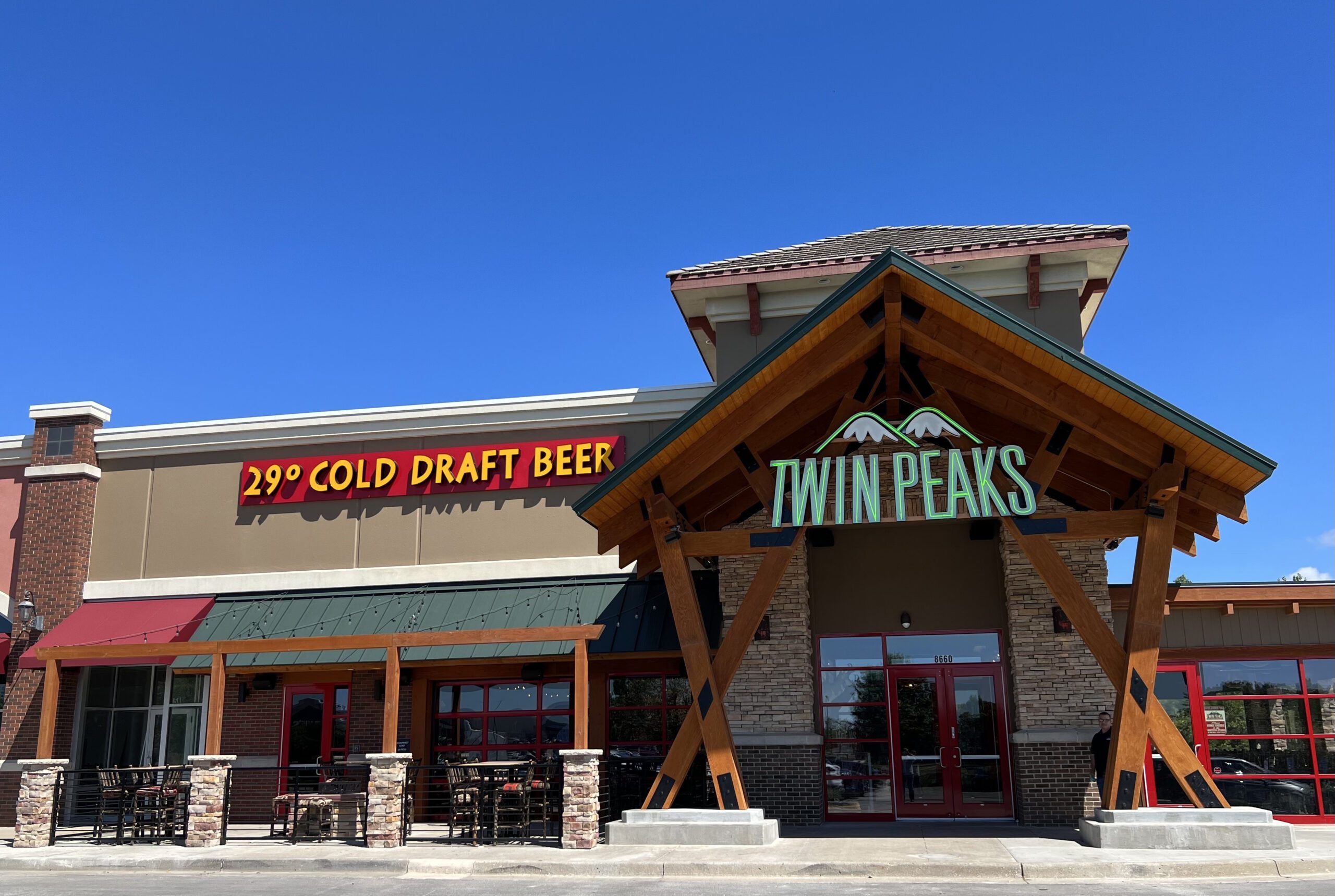Opening a restaurant is an exciting venture, but the decision between becoming a franchisee or starting an independent restaurant can be a difficult one.
Each path comes with its own set of advantages and challenges — making it essential to carefully evaluate your goals, resources, and personal preferences before making a final decision.
In this article, we’ll compare and contrast the franchisee and independent restaurant owner models by highlighting key factors to consider when determining the right path for you.
Advantages of Independent Restaurant Ownership
Being an independent restaurant owner offers a different set of advantages. Consider the following factors:
Creative Freedom
As an independent restaurant owner, you’ll have the freedom to develop your unique concept, menu offerings, and ambiance as you see fit. This allows for greater creativity and flexibility in tailoring your business to your specific vision.
This comes with a catch, however, as independent restaurants will need designs for logos, menus, employee uniforms, signage, and the restaurant exterior/interior. If you’re not passionate about and experienced in design, this means added costs, time, and expertise to achieve. Design often demands careful attention to detail and a keen eye for aesthetics.
Complete Control
Independent owners have full control over all aspects of their restaurant, including pricing, sourcing ingredients, and making strategic decisions. This autonomy can be empowering and appealing to those seeking total control over their business.
Again, this total control comes with risk. Sourcing ingredients at a competitive price can be a challenging prospect for independent owners, as you need to maintain consistency in quality and ensure a steady supply. On the other hand, franchise owners can leverage the size and buying power of a national brand to get the best prices for ingredients, POS systems, and inventory systems.
Despite these challenges, independent owners have the potential to develop unique supplier networks, prioritize local and sustainable sourcing, and curate a menu that truly reflects their culinary vision.
Local Community Engagement
Independent restaurants often have stronger ties to their local communities. By supporting local suppliers, engaging with customers, and participating in community events, independent owners can foster a loyal customer base and build a distinct identity.
Advantages of Owning a Restaurant Franchise
Franchise ownership involves operating a restaurant under an established brand and business model. Here are some key advantages of choosing a franchise restaurant.
Established Brand Recognition
Opening a new restaurant doesn’t mean much if you’re not attracting new customers to your business. Years of national marketing campaigns mean franchisees can rely on established brand awareness for initial foot traffic. Twin Peaks invests thousands of dollars in marketing and advertising every year to maintain a competitive edge and stay top of mind to attract hungry patrons.
Proven Business Model
Franchises typically come with a comprehensive business model, including standardized processes, menus, and marketing strategies. This can save time and effort in developing these elements from scratch.
This proven model means more long-term success and fewer risks compared to newer restaurant concepts. This was especially crucial during the pandemic when many new restaurants closed their doors for good.
Twin Peaks has an average operation length of 10 years for franchisees, and recently celebrated its 100th restaurant opening.
Ongoing Training & Support
Franchisors often offer continuous support, including training, marketing assistance, and operational guidance from subject matter experts. This support system can be invaluable, especially for first-time restaurant owners.
Considerations for Choosing the Right Path
When deciding between franchise ownership and independent ownership, several important factors should be taken into account:
Investment and Financing
Franchise ownership typically requires a lower initial investment but ongoing royalty fees, while independent ownership allows for more flexibility in terms of investment and financing options.
Risk Tolerance
Franchise ownership offers a proven business model and support structure, reducing some of the risks associated with starting a new venture. Independent ownership, on the other hand, requires a higher tolerance for risk and a willingness to navigate uncertainties independently.
Work-Life Balance
Franchisees often benefit from established systems and support, potentially leading to a more predictable work-life balance. Independent owners may need to invest more time and effort initially to establish their business and find a balance that suits their lifestyle.
In Conclusion
Choosing between franchise ownership and independent restaurant ownership is a significant decision that requires careful consideration.
Both paths have their merits, and the right choice depends on your goals, resources, risk tolerance, and personal preferences. Assessing factors such as brand recognition, creative freedom, investment requirements, and support systems will help you determine which path aligns best with your vision for success in the restaurant industry.

